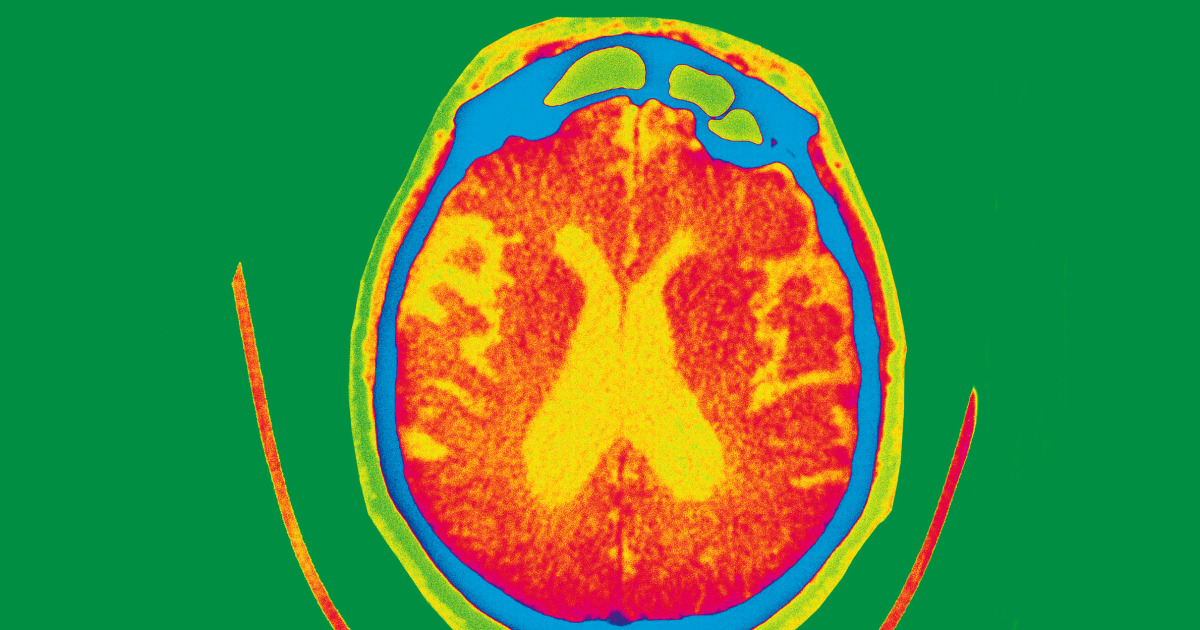On July 2, 2024, the U.S. Food and Drug Administration (FDA) approved donanemab, a monoclonal antibody developed by Eli Lilly for the treatment of early-stage Alzheimer’s disease. This approval introduces a new option for those in the early symptomatic phases of Alzheimer’s, a chance to slow disease progression and maintain quality of life.

Also Read: STSS: Flesh Eating Bacteria Spreads in Japan
Kisunla, the new drug by Eli Lilly has been approved for early-stage Alzheimer’s disease representing a breakthrough in treatment options.
The drug is marketed under the name Kisunla and developed by Eli Lilly, a leading pharmaceutical company. It joins a class of drugs that includes Leqembi, another approved treatment for Alzheimer’s.
Kisunla works by targeting and clearing amyloid plaques in the brain, a hallmark of Alzheimer’s disease.
These plaques contribute to the decline associated with the disease. The drug is administered through monthly intravenous infusions.
Leqembi requires continuous administration, Kisunla allows for treatment cessation once amyloid plaques are sufficiently cleared, reducing long-term costs and risks.
The drug was evaluated in an 18-month clinical trial involving 1,736 participants in early stages of Alzheimer’s.
Those who received Kisunla showed a slower rate of decline compared to those on a placebo. On a cognitive scale of 18 points, patients receiving Kisunla declined 29% more slowly than the placebo group translating to about 4½ to 7½ months of slower cognitive decline.
Nearly half of the participants maintained their cognitive level a year into the trial compared to 29% in the placebo group.
Kisunla carries risks including brain swelling and bleeding. Approximately one-fourth of patients in the trial experienced these side effects with around 2% facing serious complications.
Higher risk factors for adverse effects include having the APOE4 gene variant and a history of microscopic brain bleeds.
The list price for Kisunla is $32,000 for a year of treatment. This is higher than Leqembi, which costs $26,000 per year, but the potential for treatment discontinuation with Kisunla may justify the cost.
Medicare and other insurers are expected to cover Kisunla, making it accessible to a wide range of patients.
While some experts are optimistic about the benefits of Kisunla and others remain skeptical about its efficacy given the modest improvements and safety risks.
Experts like Dr. Michael Greicius of Stanford University express concern over the lack of correlation between amyloid removal and clinical improvements.
Also Read: Infectious Bird Flu Virus Survives Pasteurization, Study Finds
Donanemab is part of a class of drugs called anti-amyloid monoclonal antibodies. It targets and removes amyloid plaques in the brain, which are linked to Alzheimer’s disease.
By binding to these plaques, donanemab helps to clear them, slowing cognitive decline. Patients receive intravenous infusions of donanemab every four weeks.
Treatment duration can be adjusted based on amyloid levels allowing some patients to discontinue treatment after six months if plaques are sufficiently reduced.
Eli Lilly’s trials showed that donanemab slows the progression of Alzheimer’s. Participants had up to a 22% slower rate of cognitive and functional decline over 76 weeks compared to those receiving a placebo.
The drug was particularly effective in delaying the transition to more severe stages of Alzheimer’s, allowing patients to maintain independence and participate in daily activities for longer.
Donanemab is not the first anti-amyloid treatment on the market. It follows Eisai and Biogen’s lecanemab (Leqembi) and Biogen’s aducanumab (Aduhelm).
Donanemab has some advantages over Leqembi including shorter infusion times and the potential for less frequent treatments. This could result in lower costs and more convenience for patients.
Some patients experienced infusion reactions such as chills, skin reddening, nausea and chest pain. Around 3% developed hypersensitivity with severe allergic reactions occurring in a few cases.
The drug’s label includes a warning for amyloid-related imaging abnormalities (ARIA), which can lead to serious issues like brain hemorrhages. Five deaths linked to ARIA were reported during trials.
The annual cost for donanemab is approximately $32,000, though actual costs vary based on the treatment duration.
The drug’s price is higher than Leqembi, which costs around $26,500 per year. Medicare will cover donanemab, with patients paying 20% of the cost after meeting their deductible.
Donanemab’s approval followed a thorough review by the FDA including an advisory committee that voted in favor of its benefits outweighing risks.
Also Read: South Africa Reports Two Mpox Death in this Week























